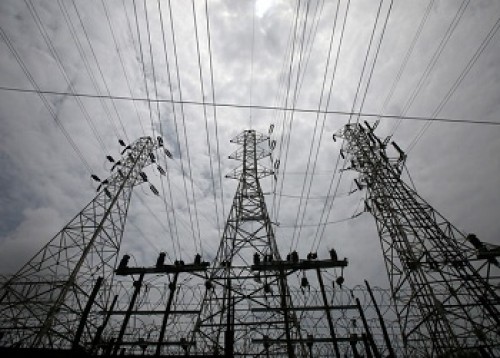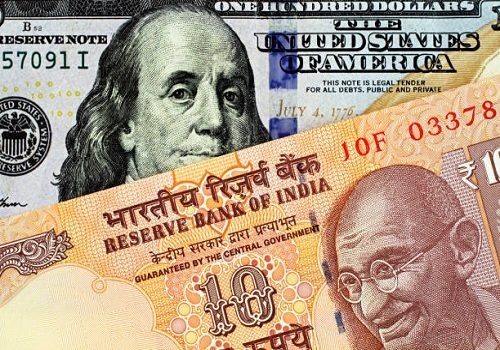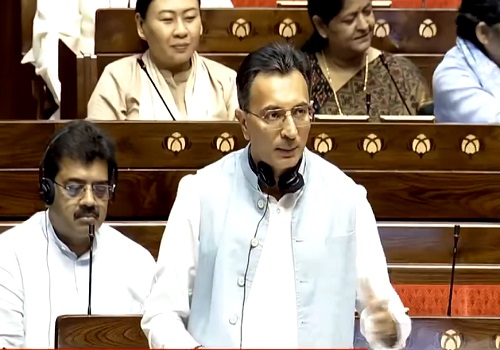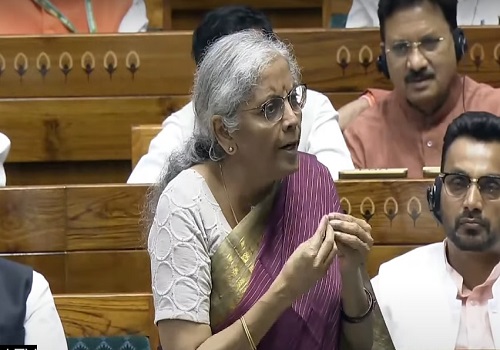Household net financial savings at 47-year low in FY23

Follow us Now on Telegram ! Get daily 10 - 12 important updates on Business, Finance and Investment. Join our Telegram Channel
Household financial borrowings in FY23 surged to 5.8 per cent of GDP, the second-highest in the post-independence period, it was 6.7 per cent of GDP in FY07, Motilal Oswal Financial Services said in a report.
According to the Reserve Bank of India (RBI), household net financial savings (HHNFS) collapsed to just 5.1 per cent of GDP in FY23, marking the lowest level in 47 years since FY77, the report said.
Moreover, it was revised down to 7.2 per cent of GDP for FY22 as well, from 7.6 per cent of GDP (and as much as 8.3 per cent of GDP, as per RBIís first estimates released in Sepí22).
The downward revision in FY22 is in line with our calculations and the deterioration in FY23 is worse than our estimates. HHNFS is a function of gross financial savings (GFS) and financial liabilities (FL).
In GFS, the share of currency and small savings declined in FY23 (vs. FY22), while the share of deposits increased, the share of capital market investments (called shares & debentures, S&D) has quadrupled to an average of 0.8 per cent of GDP in the past seven years (FY17-FY23) from just 0.2 per cent of GDP in the years prior to demonetization.
Notably, household GFS was largely stable at 11 per cent of GDP in FY23 vs. FY22, which means that lower HHNFS was a clear result of a sharp jump in household borrowings last year. GFS has six major components -- deposits, currency, insurance, pension & provident funds (P&PFs), capital market investments, and small savings. Deposits are, by far, the largest components of household GFS.
In the current financial year, as nominal GDP growth is likely to be only 8 per cent, household income growth is also likely to be similar. If so, either consumption growth will be very weak or household investments will weaken substantially, since a further fall in HHNFS looks very difficult, the report said.
Further, with a unanimous expectation of narrowing current account deficit (CAD), investments can increase only if savings rise faster.
Not only this, HHNFS play a crucial role as they are the principal means for financing the fiscal deficit. If HHNFS fails to pick up, it will become increasingly challenging to fund narrowing fiscal deficit, the report said.












 320-x-100_uti_gold.jpg" alt="Advertisement">
320-x-100_uti_gold.jpg" alt="Advertisement">











